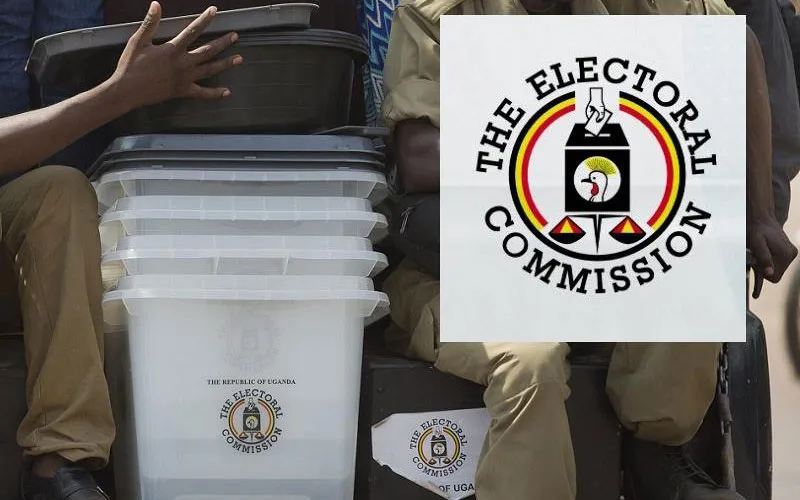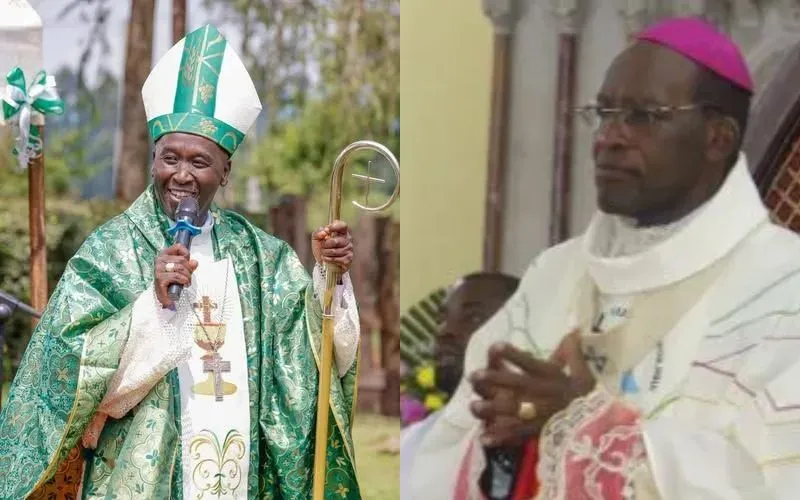In the 24-page Pastoral Letter titled, “Blessed are the Peacemakers,” UEC members express their concerns about the “commercialization of elections” that has seen “some candidates spend colossal sums of money with the hope of recouping this money when they come to office.”
“In our previous pastoral letters and communiqués, we pointed out the futility of turning politics into a money-making venture,” they recall and add, “To our disappointment, the situation has gotten worse, thus, threatening the good initiatives by various actors to deepen democratic governance in our country.”
Though the current laws governing elections in the East African nation “safeguard the country from illicit financing, prevent breach of national security and encourage accountability on the part of political parties and their leaders,” UEC members note, there is “no law that pays specific attention to the unfair imbalance that excessive money may create among political players.”
In their considered opinion, “there is need to emphasize modesty given the likely adverse effect on our economy; the rights of less resourced citizens to effectively participate in the electoral process as candidates; and the quality of leaders that such an election is likely to produce.”
In the letter signed by UEC Chairman, Bishop Joseph Antony Zziwa on behalf of Uganda’s 28 Catholic Prelates and an Apostolic Administrator, the Catholic leaders also raise concerns over “inadequate voter education,” a factor that is “partly responsible for the many invalid votes in our elections since 1996.”
They note that the country’s electoral commission has not undertaken some election activities “in a timely and comprehensive manner,” a situation that they caution could lead to “limited awareness among voters of the major electoral activities and their duties in the various stages of the electoral cycle.”
That the East African nation is experiencing restriction on the use of mass media despite being the recommended means of campaigns amid COVID-19 restrictions is another issue of concern that the Bishops highlight in their Pastoral Letter “on the 2021 General Elections” dated December 2020.
“Such acts, coupled with exorbitant cost of media campaign, only lends credence to the continued flouting of the Election Guidelines by some candidates,” UEC members say referencing restrictions on the use of mass media.
In their 58-points letter, the Bishops in Uganda express their disapproval of attacks on journalists and members of civil society organizations, which they say add “fire to an already fragile situation that characterize these elections.”
Other issues that the Bishops are concerned about include breach of peace and rights of persons, intolerance, discord in political parties, bribery, intimidation, use of abusive and derogatory language, little effort to engage the youths in the elections, and the inadequate enforcement of the COVID-19 Standard Operating Procedures (SOPs).








